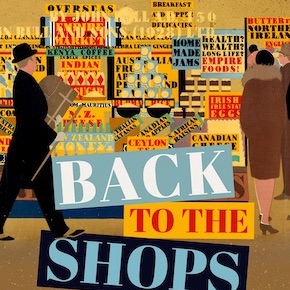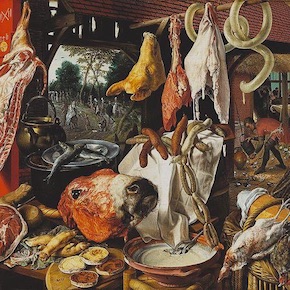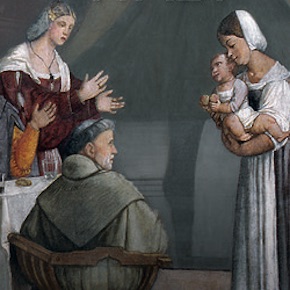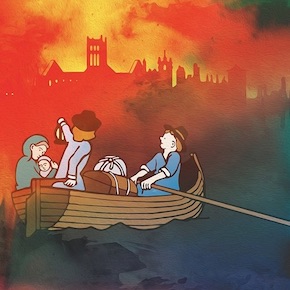
The seductive spark of danger
I still remember the awe and unease I felt as a child at the arrival of the wrecking machines in Barbapapa’s New House, a brilliant but unnerving picture book by Annette Tison and Talus Taylor that channelled the urban alienation of its time. And, with his “terrible teeth and terrible claws”, Maurice Sendak has surely...
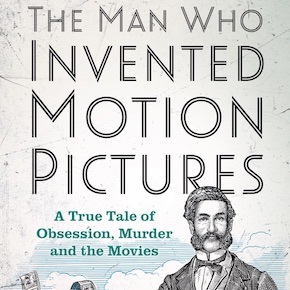
The train
The train to Paris, which had been expected at 2:37 p.m., pulled in five minutes behind schedule. Albert Le Prince didn’t see his younger brother, Louis, very often anymore. Louis had moved away from France over twenty years ago – and if that wasn’t enough, lately he had been consumed by his work on a...

Lost souls
Suzanne O’Sullivan’s The Sleeping Beauties (Picador) is utterly fascinating. It reminds us that the brain is a wonderful and powerful thing and we have a long way to go before understanding it fully. Suzanne, a consultant in neurology, delves into cases that doctors and scientists have struggled to explain. Why are refugee children in Sweden...
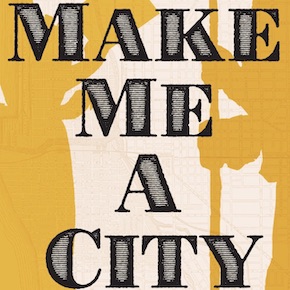
Settlers and shenanigans
The nineteenth century was the century of cities. Across the planet, their number and size mushroomed in the biggest urban expansion in history. London’s population grew between 1800 and 1900 from one million to seven million, making it far and away the largest city in the world. Even so, it was in the USA where...

Who makes history happen?
Imagine a perfect (imperfect), remote and rural, Volkisch German landscape: replete with lush meadows and muddy, green pastures, well-ordered small villages abuzz with their perennial hierarchies of landed gentry, newly rich bourgeois grandees, the teachers and clergy, the pure and echt common Volk of farmers and housewives, the idle, reminiscing elderly, the burgeoning young. A...
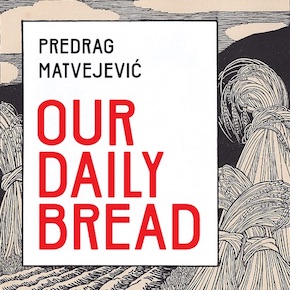
Bread and circuses
Historians say that during the fourteenth century Europe lost one-third of its population in seven years. The roads were strewn with unburied corpses. In the worst times of famine and despair, people used their ingenuity to grind anything they thought could replace grain, flour and bread. In their endeavour to keep making bread, they did...
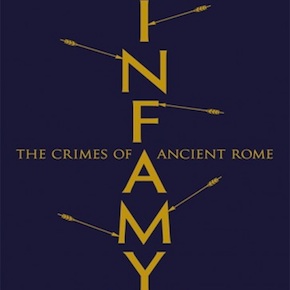
Not quite the way to the stars
“O, it is excellent / To have a giant’s strength; but it is tyrannous / To use it like a giant.” Shakespeare certainly knew his Romans; even though the lines that capture so brilliantly – and devastatingly – the allure of power and its raw brutality come from Measure for Measure, they could well have...
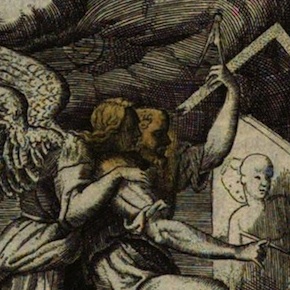
From heaven to earth
One of the most striking characteristics of Socrates, as we know him from Plato, Plutarch, Xenophon, Cicero or Diogenes Laertius, and the numerous, yet exasperatingly fragmentary sources that survive, was his talent for convincing his interlocutors of his utter ignorance of any subject – his signature style was to present himself to the unwary as...

